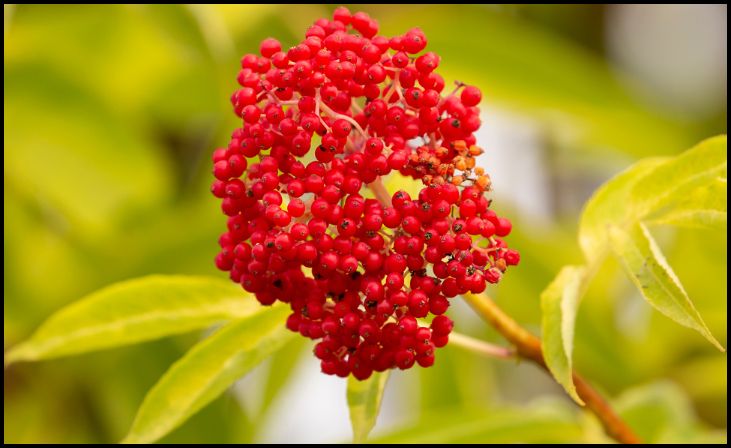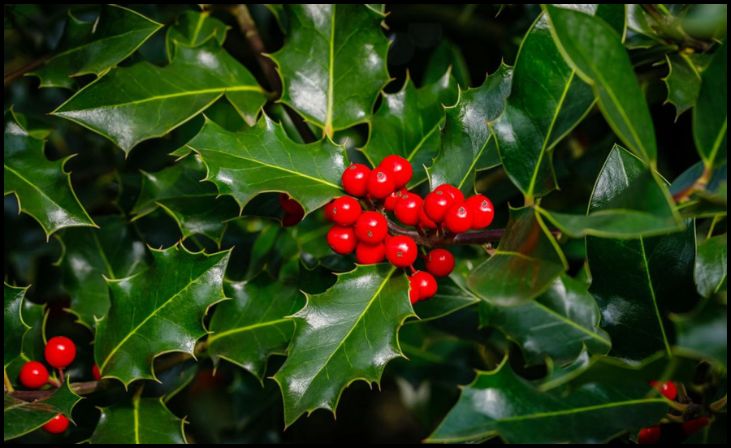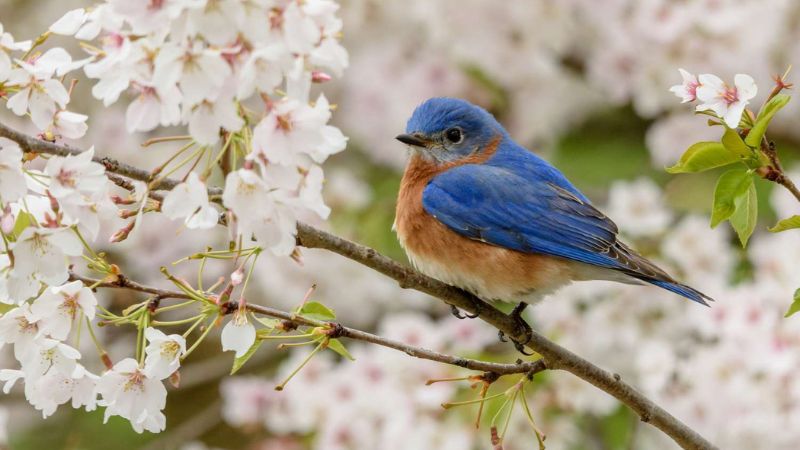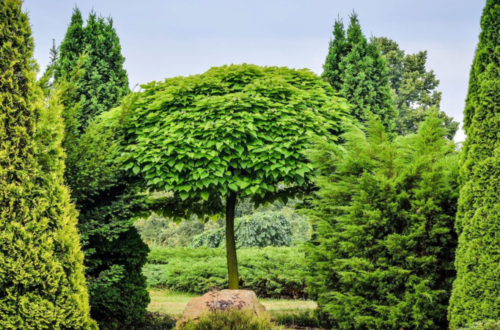Creating a vibrant and inviting environment in your yard goes beyond just aesthetics; it’s about fostering a habitat that welcomes diverse wildlife, including the charming bluebirds. To attract these delightful creatures to your outdoor space, incorporating the right plants is key. Let’s explore eight plant varieties that not only add beauty to your garden but also entice bluebirds with their food sources and shelter.
Elderberry: A Haven for Bluebirds

Elderberries are more than just ornamental shrubs; they are a haven for bluebirds. These plants offer a dual benefit by providing both food and shelter. Bluebirds are particularly drawn to elderberries for their nutritious berries, which serve as a vital food source, especially during the colder months. Additionally, the dense foliage of elderberry bushes offers excellent shelter for nesting and roosting.
Flowering Dogwood: Nature’s Masterpiece
Flowering Dogwood, with its iconic white or pink blooms, is a masterpiece of nature that captivates both humans and bluebirds alike. Thriving in Zones 5-9, this elegant tree provides an array of benefits. With a maximum height of 30 feet, it offers ample space for bluebirds to perch and nest, while its flowers attract insects—a primary food source for bluebird chicks.
Eastern Red Cedar: Majestic Guardians of Wildlife
Eastern Red Cedar trees stand as majestic guardians of wildlife, including the beloved bluebirds. While they grow slowly, reaching heights of about 70 feet, their significance to local animal populations cannot be overstated. Bluebirds are drawn to these towering trees for nesting sites and protection, making them an indispensable addition to any bird-friendly landscape.
Holly: Berries Galore for Bluebirds

Holly plants, with their glossy green foliage and vibrant red berries, are a sight to behold in any garden. For bluebirds, these berries are a welcome treat. However, it’s essential to note that most holly species are dioecious, requiring both male and female plants for berry production. By incorporating holly bushes into your yard, you not only add visual interest but also provide a valuable food source for bluebirds.
Pokeweed: A Natural Songbird Buffet
Pokeweed may not be the most conventional garden plant, but its benefits for bluebirds and other songbirds are undeniable. While it requires proper maintenance due to its rapid growth, allowing pokeweed to flourish can greatly benefit the songbird population. The berries of pokeweed are a favorite among bluebirds, making it a worthy addition to your bird-friendly landscape.
Hawthorn: Diversity in Beauty and Utility
Hawthorns, belonging to the Crataegus genus, offer a diverse range of species, each with its own unique charm. These deciduous trees or shrubs boast clusters of white or pink flowers, followed by bright red berries—a feast for bluebirds. With their dense foliage and thorny branches, hawthorns provide bluebirds with both food and protection, making them an excellent choice for any bird enthusiast.
Serviceberry: Nature’s Bounty for All

Serviceberries are not only a delight for humans but also a boon for bluebirds. These versatile shrubs produce clusters of edible berries that are irresistible to bluebirds and other wildlife. Furthermore, serviceberries are deer-resistant and hardy in many zones, making them an attractive option for gardeners seeking to attract bluebirds while minimizing maintenance efforts.






